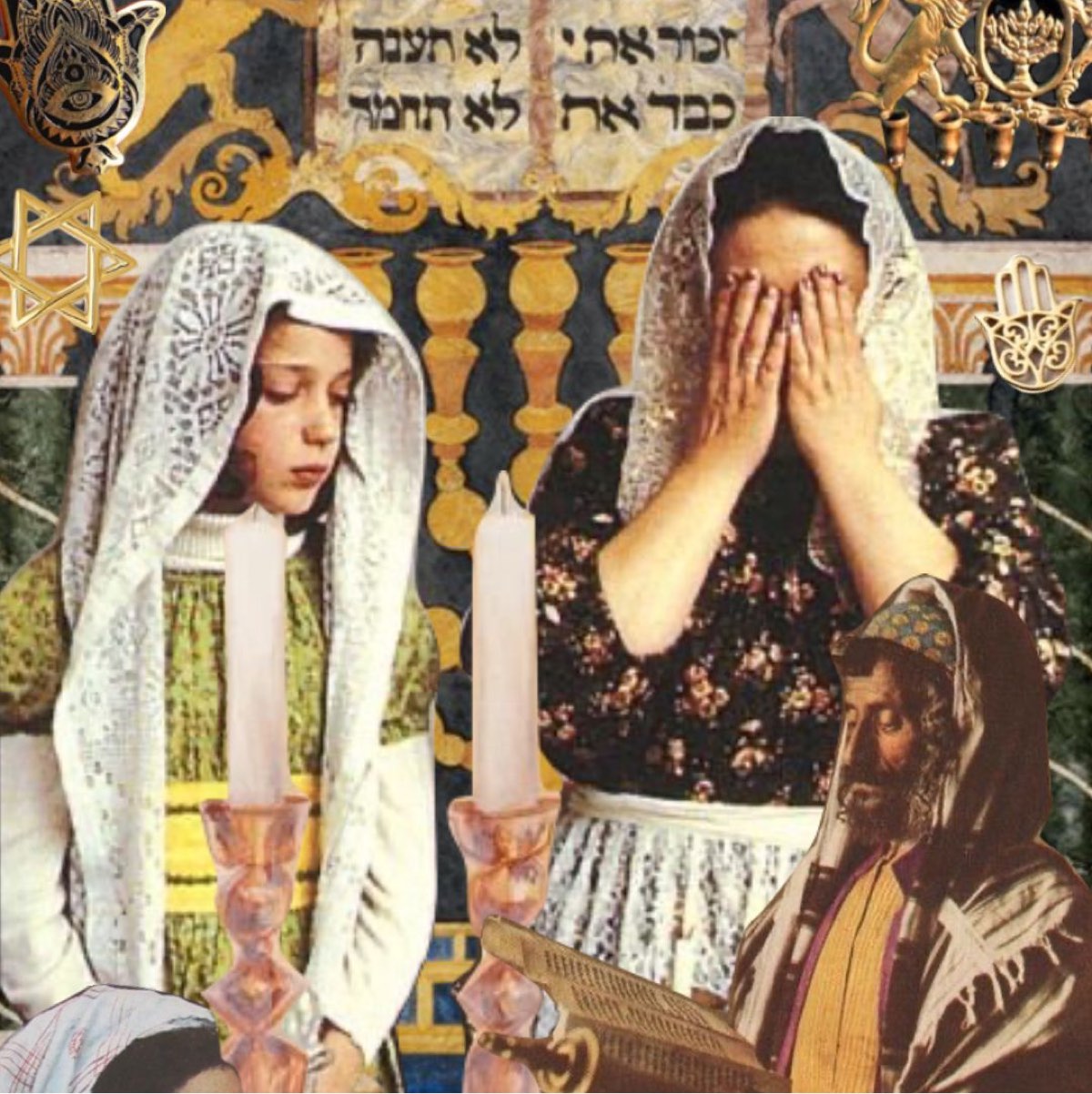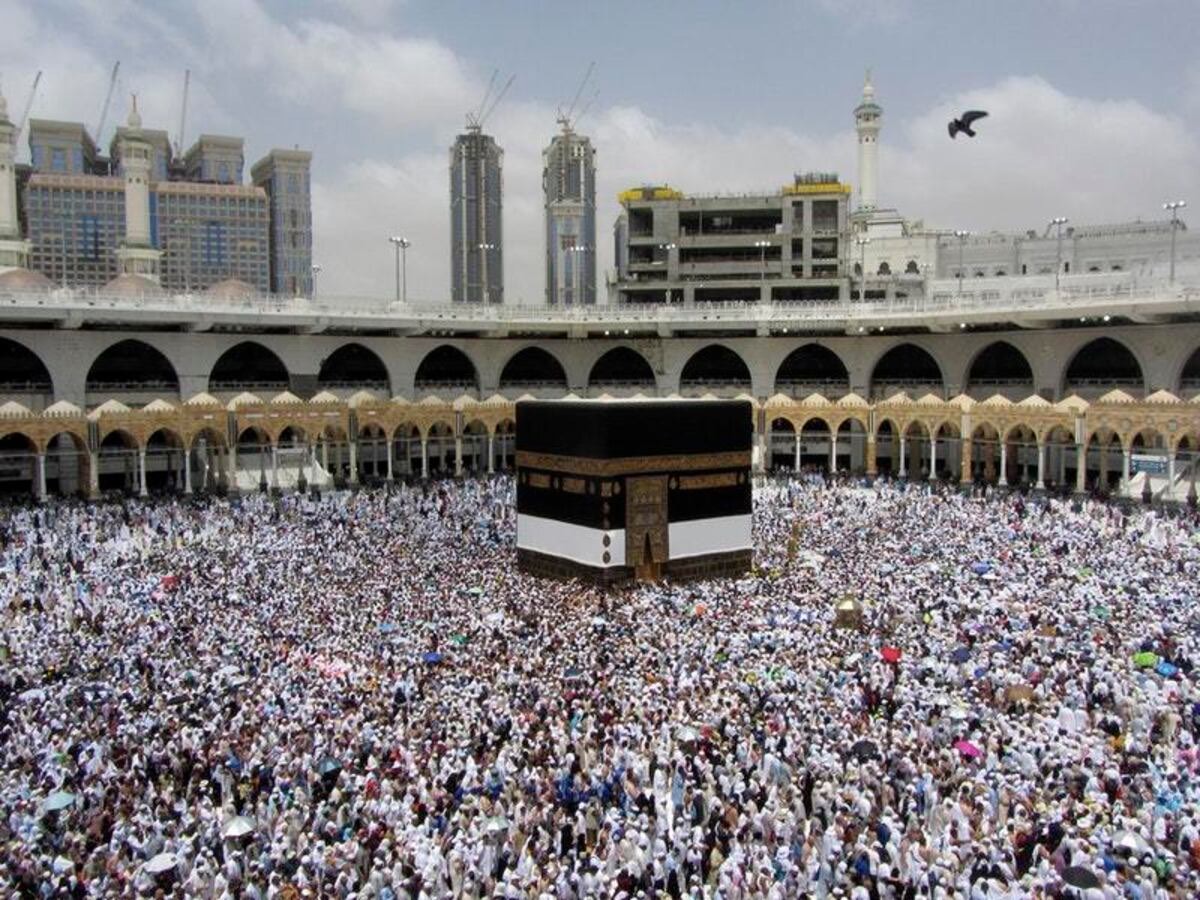Islamic Eid al-Adha (feast of sacrifice) vs Jewish Passover
Some contend that the celebration of Eid al-Adha (feast of sacrifice) by all Muslims, in contrast to the Jewish observance of Passover, suggests that Muslims are linked to the Abrahamic covenant through Ishmael, while Jews are associated with the Sinai covenant. How does their argument go?
The argument that Muslims are linked to the Abrahamic covenant through Ishmael, while Jews are associated with the Sinai covenant, is based on a few key points:
1. Eid al-Adha commemorates Abraham’s willingness to sacrifice his son, which Muslims believe was Ishmael rather than Isaac. This directly connects Muslims to Abraham and Ishmael.
2. All Muslims worldwide celebrate Eid al-Adha by sacrificing an animal, reminiscent of Abraham’s sacrifice. This universal observance is seen as linking all Muslims to the Abrahamic covenant.
3. The Quran portrays Ishmael as assisting Abraham in building the Kaaba (House of God) in Mecca, further cementing the connection between Muslims, Abraham and Ishmael.
4. In contrast, Passover specifically commemorates the Exodus of the Israelites from Egypt under Moses’ leadership. This event is directly tied to the giving of the Torah and establishment of the Sinai covenant.
5. The Sinai covenant, with its 613 commandments, is seen as specifically binding on Jews rather than on all people.
6. Some argue there is a distinction between the Abrahamic covenant characterized by promise, and the Sinai covenant characterized by law.
7. While both trace ancestry to Abraham, Muslims see themselves as spiritual descendants of Ishmael, while Jews trace their lineage through Isaac and Jacob.
Therefore, this difference in religious observances implies that Muslims see themselves as heirs to the Abrahamic covenant through Ishmael, while Jews associate themselves more closely with the later Sinai covenant.
However, it’s important to note that both religions still consider Abraham a key patriarch and founder of monotheism.
This argument highlights some of the theological differences between Islam and Judaism regarding their relationship to Abraham and divine covenants, though both religions still revere Abraham as a major prophet and patriarch.


